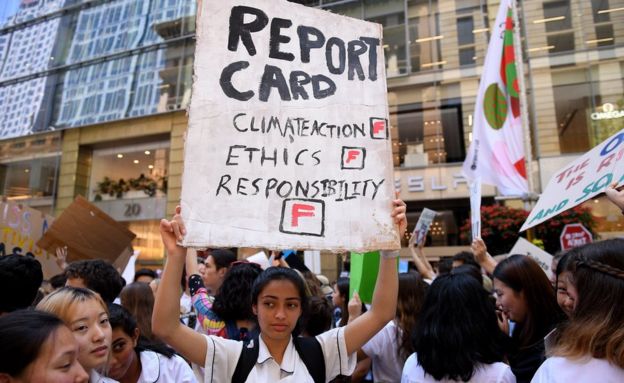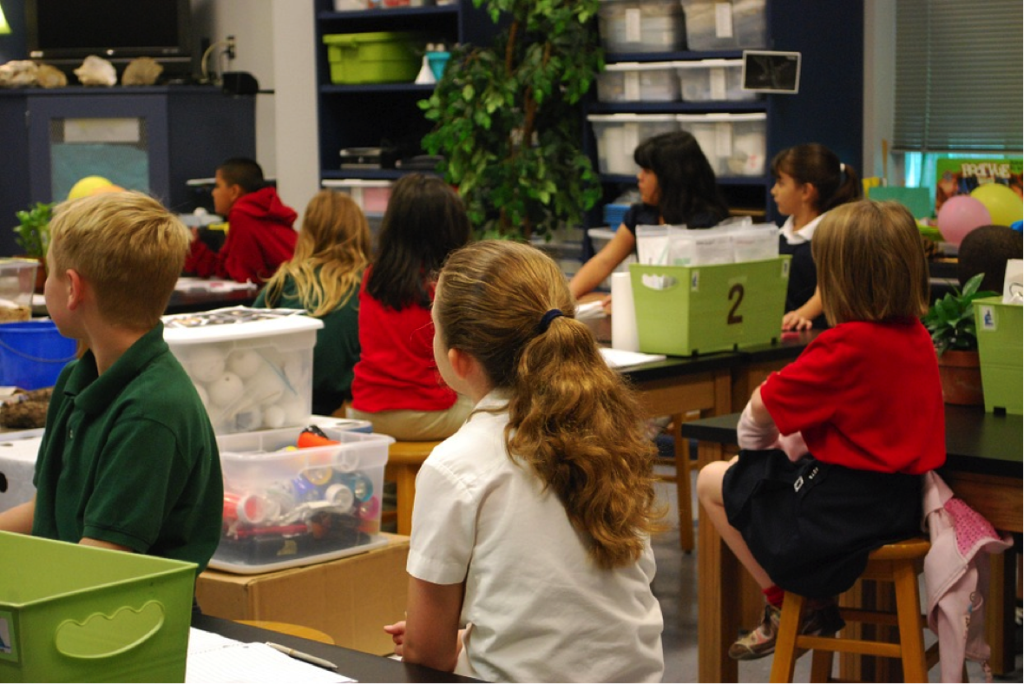STEM
Global Climate Change
Society
As you know Minnesota's draft science education standards (last updated 2009) include the science of climate change, especially that climate change is caused by us. It encompasses a considerable amount of important and relevant science, among them the use of models. The topic of climate change is likely to be "hot" in some districts--like the warming atmosphere--as noted in a recent MPR story.
There is the science of climate change (I consider the science settled even though there are details to study.) and the (political) science of climate change, as Charles Lane wisely observed in a widely reprinted column from The Washington Post. I will add a few comments at the end that expands on Lane's concern. Lane cuts to the chase quickly. In brief, the truth is we don't want to stop climate change, i.e., we don 't want to pay for it, "the only sense," in Lane's words, "that really matters."
The collective "we" deserves some attention. In the United States the "we" shows a clear divide. Supporters of "green" policies tend to be Democrats and those who oppose such policies tend to be Republicans. Support for X is one thing, action on X is another. Still things are much less clear when it comes to implementing policy changes that favor the environment. "Washington," as Lane points out, "a deep-blue state, rejected a state-level carbon tax in a 2016 initiative and did so again in 2018, by large margins each time."
Minn Post's Ron Meador provides some details on the results of an array of green initiatives voters across the country found on their ballots in 2018. The column's headline is a brief summary, one not worth cheering about: "It's hard to find much of a 'green wave' in this year's voting on ballot initiatives." Meador closes with this comment, "One lesson here, I guess, is that even in bad years for green ballot initiatives it's not hard to get people to vote for more parks, so long as the cost isn't too high. Surely a good thing--but a new direction for America." (emphasis added).
Minn Post's Ron Meador provides some details on the results of an array of green initiatives voters across the country found on their ballots in 2018. The column's headline is a brief summary, one not worth cheering about: "It's hard to find much of a 'green wave' in this year's voting on ballot initiatives." Meador closes with this comment, "One lesson here, I guess, is that even in bad years for green ballot initiatives it's not hard to get people to vote for more parks, so long as the cost isn't too high. Surely a good thing--but a new direction for America." (emphasis added).
This is not to say that we are ever given clear choices. Great effort is made by those who prefer gray to green to cloud issues. Even without better data, Lane is quick and I think right to note that public policy choices are very likely influenced by "well-funded efforts to sow climate change skepticism, in recent decades," amplified by the current administration. This is putting it mildly.
And there is another important issue. Lane cites 2017 polling data by Patrick Egan (New York University) and Megan Mullin (Duke University) which shows "The public's level of concern about climate change has not risen meaningfully over the past two decades, and addressing the problem with government action ranks among one of the lowest priorities for Americans." (emphasis added)
I hadn't thought about what Lane calls "multiple veto points" in the way our particular form of government is structured and works. It "tends to postpone dealing with long range crises even more than most democracies, as our failure to shore-up the solvency of federal entitlement programs shows."
Lane writes, "The inconvenient truth...remains. It's not easy to persuade citizens of a democracy to accept real financial sacrifice in the here and now, for the sake of a diffuse benefit in the future."
The rocket science side of climate change is the "easy" part and it would be a disservice not to provide students opportunities to learn about it; the "deficit" in Lane's view is a "democratic" one." one. It is the hard part but worthy of the engagement of high school students and well within the the purpose of schooling so long as those leading the discussion and student probes into the material with their point-of-view.
I can't find a word/phrase for another kind of science important in climate change not considered by Lane. I'll use "civic/corporate" science to describe it. Isn't that a grabber?!
It is one that I'd expect young learners to discuss in their discussions of global climate change. What I mean by it is what local governments and corporations are doing to reduce their carbon footprint. Xcel Energy, for example, has a target of 50% less carbon emissions by 2022. Their web page describes it and other actions to which they are committed.
Corporations such as Ecolob, Thrivent and Pinnacle Services are finding as Holly Dolezalek who writes for Minnesota Business put it so colorfully "that far from sending them into the red, green really is the new black."

St. Paul has set a target of 2030 to make public buildings carbon neutral (zero emissions) by 2030 and private buildings by 2050. Minneapolis has a number of climate action goals including reducing green house gas emissions by 30% by 2025 and by 80% by 2050 which is described on their website Minneapolis Sustainability. It includes a tracking function so citizens can see where the city is.
These kinds of initiatives raise interesting questions. Why have they recognized the danger of global warming and made a decision to lead the way when others either deny it or claim that responses would damage society. One might wonder why capitalists are leading the charge?
I can't find a word/phrase for another kind of science important in climate change not considered by Lane. I'll use "civic/corporate" science to describe it. Isn't that a grabber?!
It is one that I'd expect young learners to discuss in their discussions of global climate change. What I mean by it is what local governments and corporations are doing to reduce their carbon footprint. Xcel Energy, for example, has a target of 50% less carbon emissions by 2022. Their web page describes it and other actions to which they are committed.
Corporations such as Ecolob, Thrivent and Pinnacle Services are finding as Holly Dolezalek who writes for Minnesota Business put it so colorfully "that far from sending them into the red, green really is the new black."

St. Paul has set a target of 2030 to make public buildings carbon neutral (zero emissions) by 2030 and private buildings by 2050. Minneapolis has a number of climate action goals including reducing green house gas emissions by 30% by 2025 and by 80% by 2050 which is described on their website Minneapolis Sustainability. It includes a tracking function so citizens can see where the city is.
These kinds of initiatives raise interesting questions. Why have they recognized the danger of global warming and made a decision to lead the way when others either deny it or claim that responses would damage society. One might wonder why capitalists are leading the charge?

 CGEE Student Voice
CGEE Student Voice

No comments:
Post a Comment